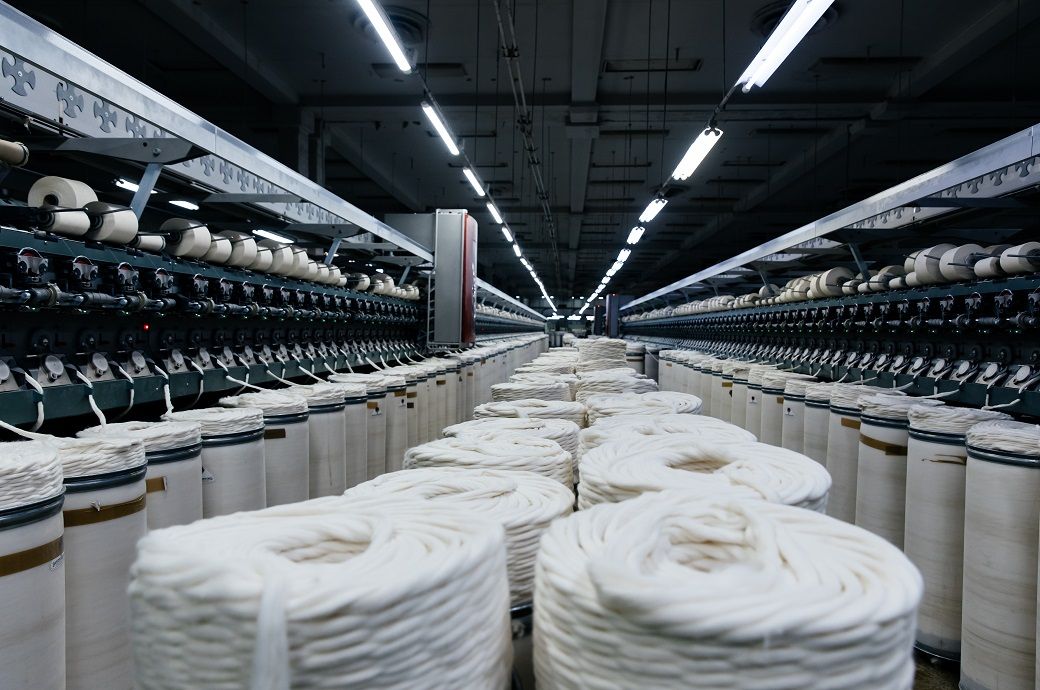
Sanjay Garg, Managing Director of Longowalia Yarns Limited told Fibre2Fashion, “There was no problem from import duty on cotton when ICE cotton was ruling 10-15 per cent higher than Indian fibre. But Indian cotton is currently hovering 15-20 per cent higher than ICE cotton which makes Indian spinners unviable in global market.” He said that spinners have to pay around 11 per cent on cotton import. But yarn can be imported on zero duty. Finance minister should remove such anomaly for the growth of spinning industry.
T Bhaskara Rao, Deputy General Manager, GTN Industries Limited also echoed the same. He told Fibre2Fashion, “Import duty on raw cotton should be removed in the Budget. The government should conclude negotiations for India-European Union Free Trade Agreement as soon as possible.” The industry feels that cotton price dynamics have changed in last two years. When Indian cotton prices were lower than ICE cotton, domestic spinners were able to export yarn to the world market. Domestic industry used to import cotton for its specified requirements after paying duty. Higher prices of cotton has created disparity for domestic spinners. If the government removes import duty, the industry will have better competitiveness in global market.
Nikhil Agrawal, Managing Director, Sruti Filatex Pvt Ltd told Fibre2Fashion, “Inverted duty structure is more painful for the industry. Upstream industry has to pay higher tax. But it cannot claim Input Tax Credit (ITC) due to the duty structure. The industry does not invest due to unfavourable tax regime.” He said that fabric attracts 5 per cent GST, but yarn is taxed at 12 per cent and polyester chip at 18 per cent. The government should fix uniform tax structure at 8-10 per cent tax for the entire textile product range. He also underlined the need of new technology upgradation scheme after expiration of ATUFS (Amended Technology Upgradation Fund Scheme).
Anurag Mohota, Director of Gimatex Industries Pvt Ltd said, “Finance Minister needs to announce second version of Production Linked Incentive (PLI-2) scheme after changes as per industry’s suggestion. There is an urgent requirement to bring ATUFS like scheme which expired in March 2022. At present, there is no scheme to encourage industry for technology upgradation. Skill development scheme is also needed as India is lagging behind on this front. Mohota also highlighted the need for removal of import duty on cotton and correction in Inverted Duty Structure (IDS) in man-made fibre (MMF) value chain.
Gurudas Aras, Strategic Advisor & Independent Director, and Former Director at A.T.E Group commented, “The finance minister should consider setting up a cotton price stabilisation fund so the industry can survive amid huge price volatility risk. Secondly, cotton yarn should be brought under Interest Equalisation Scheme (IES) in which the government provides 3 per cent subsidy.” Presently, Indian spinners are facing disparity in global market due to costlier natural fibre.
Fibre2Fashion News Desk (KUL)